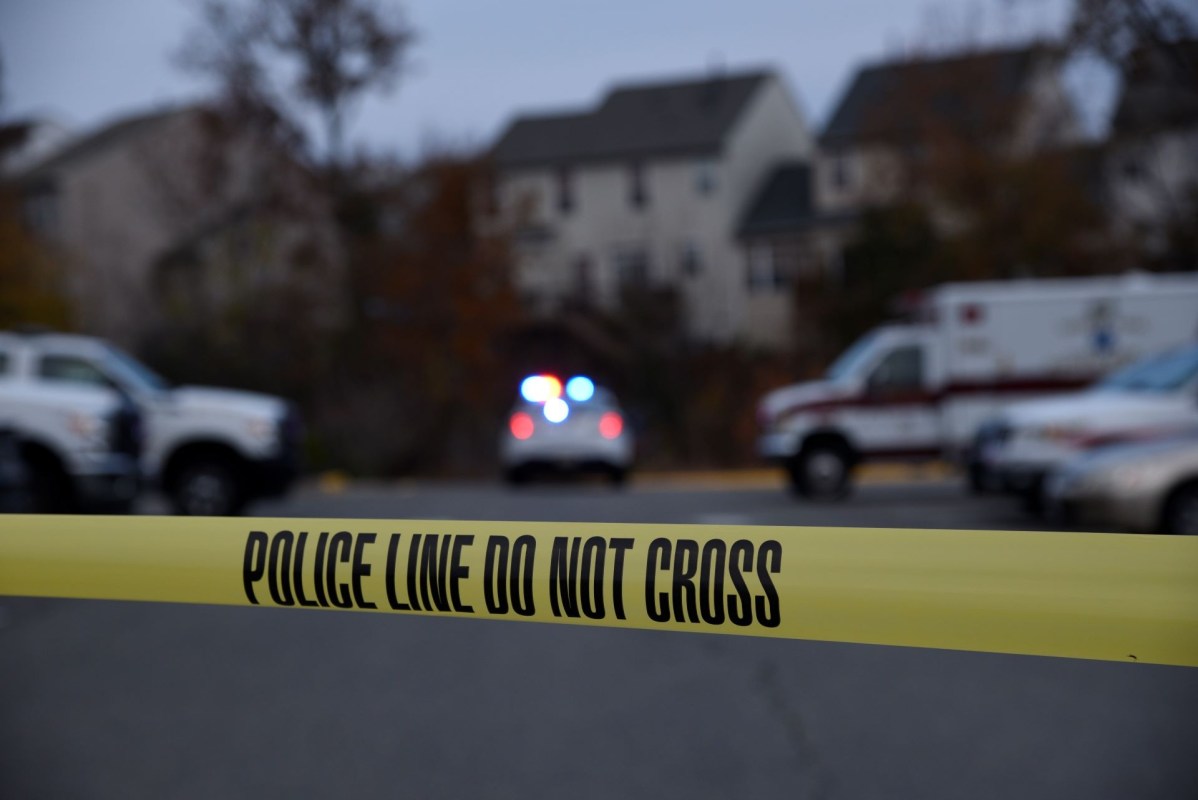Gun violence is already a pressing public health concern in the U.S., and a tragic study has found a troubling link between it and the overheating of our planet.
What's happened?
As temperatures across the country soar and unseasonably warm days continue, the number of gun deaths across the country has gone up.
Nearly 8,000 gun shootings can be attributed to extreme temperatures, according to research published by JAMA Network.
The study analyzed 100 major U.S. cities with the highest proportion of gun violence between 2015 and 2020. It found that out of 116 ,511 shootings, roughly 6.85% (or 7,973) were attributable to above-average temperatures.
Gun violence, as well as other types of violence, such as road rage, is known to worsen in the summer. Warmer temperatures increase the body's stress hormones in the nervous system, which may heighten violent impulses.
People also spend more time outdoors when the weather is warm, which makes encounters with others — and the potential for lethal clashes — more likely.
Why extreme heat's impact on gun violence is concerning
Gun violence is on the rise in the U.S., with more shootings recorded in 2020 than any other year. With daily temperatures expected to continue rising in the coming years, the number of injuries and fatalities from shootings could worsen, too.
It only takes a small rise in temperature to push instances of gun violence up. In fact, the study found that more shootings were attributable to moderately hot days than to extremely hot ones.
This escalation in violence isn't linked to any specific temperature range. Instead, an increase in the city's average temperature was all it took to drive up shootings.
By 2100, average temperatures in the U.S. are expected to climb anywhere between 3 and 12 degrees Fahrenheit. Instances of extreme heat waves will also increase unless we can cool down our planet.
The study warns that if temperatures do continue to go up, then gun violence in the U.S. could get much worse.
What's being done to tackle the issue?
Just as soaring temperatures and gun violence are linked, the study suggests that measures to slow down the overheating of our planet could reduce shootings, too.
Increasing green spaces in cities have been shown to bring gun violence down, multiple studies have shown.
This is partly because greenery reduces the urban heat island effect, where cities have a hotter average temperature than suburbs because they tend to have more heat-absorbing asphalt and fewer trees and grass. This urban heat island effect tends to impact Black, Hispanic, and Indigenous-dominated communities the most.
The study's authors have called for more analysis to be done on the link between structural racial inequalities and ambient heat, and how that impacts gun deaths.
Join our free newsletter for cool news and actionable info that makes it easy to help yourself while helping the planet.









